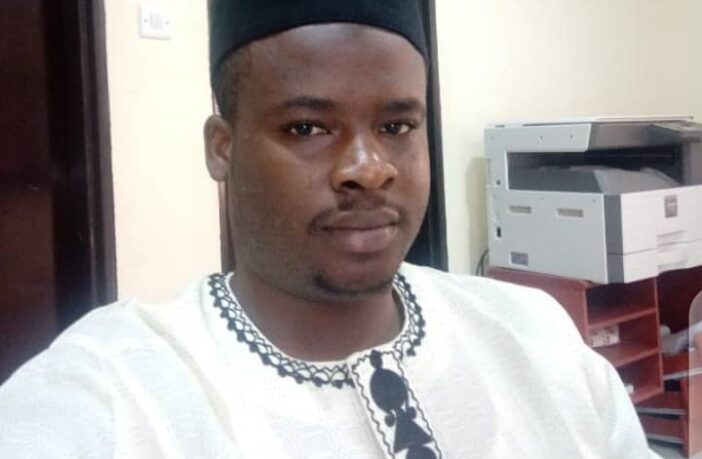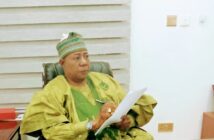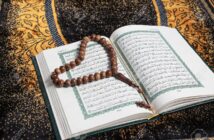To borrow from the words of Late M.K.O Abiola while making his remarks at the 1983 annual Lom convention of the University of Ife now Obafemi Awolowo University which I paraphrased, it is a matter for sadness that in the 60th year if our independence the politics and economy of Nigeria is Nigerian only in name. It is indeed sad that every 1st October Nigerian ruling elite put together revenues derived from rents and taxes in honoring what seems to be more of paper independence.
I really do not want to exaggerate my usage of the term paper independence but I will create the benevolence for my readers either to credit or discredit my usage of the term paper independence by conceptualizing the term independence after which the dots will be connected.
Without the theoretical horrors faced by political scientist, According to Oxford Advanced Learner’s dictionary independence simply means freedom from political control by other countries on one hand on the other hand independence means the freedom to organize your own life, make your decisions, etc. without needing help from other people. I’m very mindful of the first definition “freedom from political control” Although this is an issue for another time.
Nevertheless if independent meant freedom to organize your own life, then the questions we might ask ourselves as Nigerians are; are we independent? Is the Nigerian state independent?
In finding answers to the inter-twin questions I reflect briefly on the nature of politics and economy in Nigeria. On the nature of Nigeria politics there is no doubt that Nigerian politics is atavistic, with mobilization based on ethno-religious sentiments amidst thuggery and corrupt practices only to be semi-stabilized by Western imperialist through the use of sanctions or whatever. With regards to the Nigerian economy, the complex nature of Nigerian economy is such that one cannot exhaust the patches in an article like this. However it is an undeniable fact that the Nigerian economy is one that each year when the country honor her paper independence anniversary what becomes more feasible is the widened disparity between the haves and haves not. I further randomly sampled few but critical issues on the nature of the Nigerian economy, such as Gross Domestic Product (GDP), Human Development Index (HDI) Per Capita.
With an estimate population of 206 million in 2020 and 42nd in the world in terms of population density and a GDP (PPP) of $1.275 trillion, nominal GDP of $504.57 billion Nigeria is ranked 129th and 137th in per capital and 0.534 in HDI which is rated low, Nigeria is ranked 158th in the world in HDI. It is not surprising because as Yusufu Bala Usman of blessed memory simply put that at independence, Nigeria had an economy organized primarily for the export of primary commodities and the import of manufactured finished goods, as such the economy was basically geared to facilitate capital drain from Nigeria.
I deliberately over sight the issue of security and insecurity as I am aware every living Nigerian is a witness to the challenges irrespective of social strata.
I must conclude by noting that poverty, unemployment, youth restiveness, thuggery among others are consequences to expect in a nation that is not mindful of stages of growth in a capitalist system.
Umar Musa writes from Kano Nigeria
umarspet@yahoo.com.



